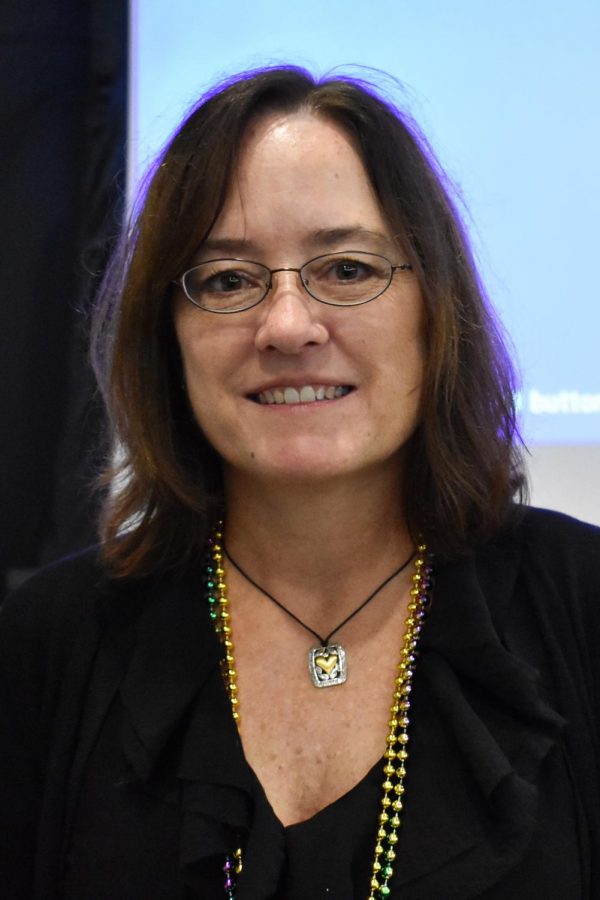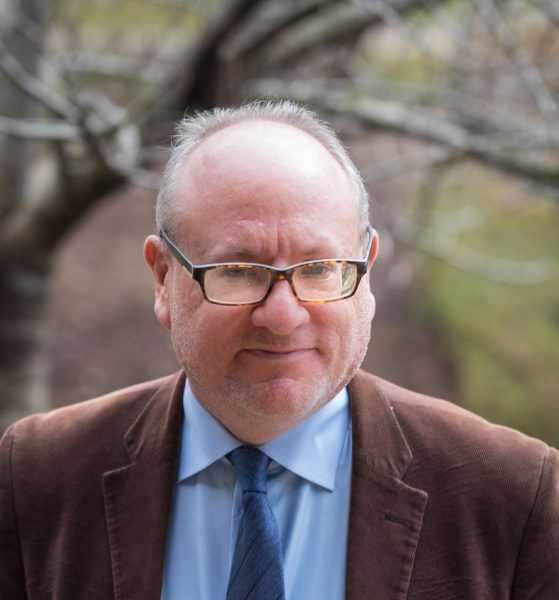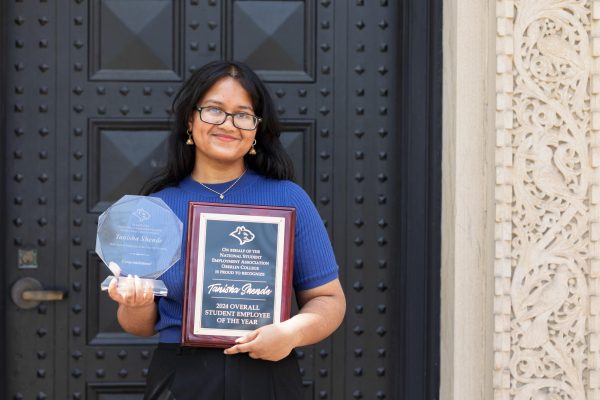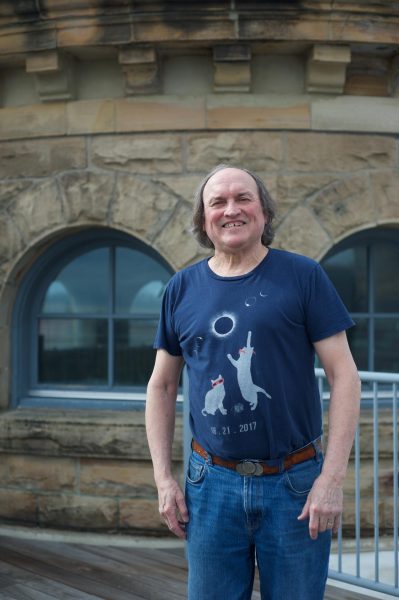Off The Cuff: Karen G. Fleming, Professor
Karen G. Fleming
Karen G. Fleming is a Biophysics Professor at Johns Hopkins University. She frequently speaks at universities across the nation about fostering a more supportive environment for women and people of color in the STEM fields. In recognition of her work, Fleming received an award from Johns Hopkins Diversity Leadership Council in 2015. Fleming visited Oberlin last Wednesday to present her talk, “#WeCanBeBetter: Bystander Intervention as a Tool for Achieving Equity in STEM,” which details how all people can work to make STEM more inclusive.
This interview has been edited for length and clarity.
You focused a lot on personal responsibility and accountability in this talk. Why is the talk called “#WeCanBeBetter?” Why is the ‘we’ so important in that?
I think the ‘we’ is important because we are the STEM pipeline. We are all the lives and souls of universities. We all have to make it better. Someone else is not going to make it better for us. We all need to do the work, from the president down to the undergraduate students.
How does harassment play into STEM?
The gender, ethnic, and racial distributions of people in STEM are not representative of the population. There is some kind of selection going on and it has to be inclusive.
What are the benefits of having a more inclusive and diverse group of people in research?
Companies have studied diversity, and diversity increases profit — so diversity should lead to better science or creativity, more diverse opinions, more applications. It’s not one gender or ethnic group that holds all of the ideas; there are ideas in all of us, and we all need to be part of it.
What inspired you to give this talk?
I give a lot of talks on social psychology literature that discusses the challenges faced by women. Everyone wants to know how to be better — how do we solve this problem? So that’s why I have been trying to figure out ways to teach skills to be a better bystander, and that should help us all be better.
How would you be a better bystander in general?
So you have to notice, right? You have to interpret the urgency of the situation, and then you have to decide. If you decide that you need to do something, then there are ways to do it. You can ask a question, you can ask for clarification, you can repeat what was said with a different tone of voice. You have to find your own comfort level for every situation and how you want to intervene. You have to practice self-care, I guess, would be a way to put it.
I know that you’ve been giving these talks for a while, but why do you think it’s important to have this conversation now?
I think for me, it’s important to have this conversation now because I’m in a position to do it. I think change needs to come from within the system. I am in the system. I’m in a privileged position in the system, and I want it to be better. I want the next generations to be evaluated on their merits without bias affecting them.










